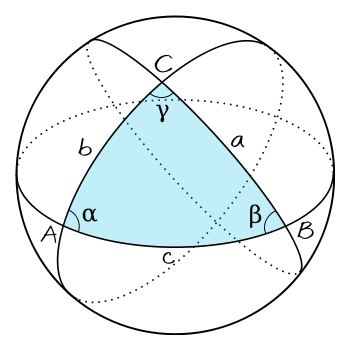How do you solve #n(n-4)+n(n+8)=n(n-13)+n(n+1)+16#?
1 Answer
Explanation:
Let's start by expanding the parentheses on both sides of the equation.
Now we combine like terms, adding all the
Now we want to simplify both sides by moving the
To do this we subtract both sides by the number we are moving. Let's focus on
Now we do the same things for the
Now we solve for n and we have our answer. Divide both sides by 16 to do this.
Hope that helps!

